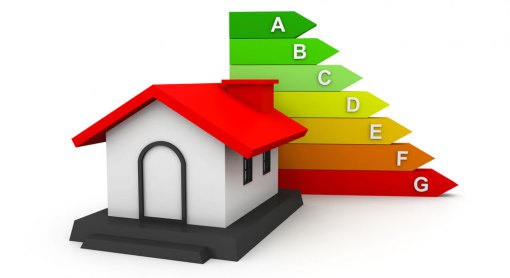Energy Performance Certificate for properties in Spain comes into force

The Royal Decree establishing this new obligation was finally approved on 13th April 2013, making the Energy Performance Certificate (EPC) a mandatory requirement for property owners to have for any sale or rental agreement as from 1st June 2013.

The purpose of this energy labelling system is to measure and compare the overall energy efficiency of buildings, in compliance with European legislation.
Who needs an EPC?
Every owner who wants to sell or rent his/her property needs to have the certificate.
Whether you are selling or renting your property, you must appoint a qualified technician to issue the certificate prior to marketing your property. The EPC will be required by the Notary Public on completion of a sale.
In the past, this certificate was requested only for properties built after 2007 (in accordance to Royal Decree 47/2007). But now, and as from 1st June 2013, EPCs will be required for all buildings. In the case of apartments, the owners of each unit need to apply for the EPC if they wish to sell or rent it – it is not up to the Community of Owners to provide it.
What does the EPC say?
The certificate contains:
- An energy efficiency rating from A (most efficient) to G (low performance)
- Information about the property’s energy use and typical energy consumption
- Description of the property
- Recommendations to reduce energy use and increase savings
- Cost-effective recommendations to improve energy efficiency
The information is set out in an officially approved template that can be viewed in this link.
How do I obtain an EPC?
The certificate can only be issued by accredited qualified technicians, who will visit your property to complete the energy assessment.
How will the technician evaluate my property?
It will be a visual inspection where the technician will take measurements with specific equipment, check the orientation, observe the construction materials used for interior walls and façade, layout, windows, type of heating/cooling, water heating, lighting, blinds and awnings, etc.
How long is an EPC valid for?
Once the certificate is issued, it is valid for a period of 10 years. If relevant improvements are made to the property during that time, a new one should be requested to reflect the new energy efficiency rating.
Who controls the certificates?
A copy of the EPC will be required to be registered before the competent authority appointed by each Autonomous Community for control and supervision purposes.
Benefits of the EPC
The overall benefit in the long term is a reduction in energy consumption of fossil fuels and the reduction of carbon dioxide released into the environment.
In the medium term, it provides cost-effective measures for owners and tenants to make substantial savings in their energy bill.
Undoubtedly, a property with a satisfactory energy rating will be worth more in this competitive market than its energy inefficient counterpart, therefore the introduction of EPCs will have a positive impact in the property market.
Recommendations to improve a property’s energy efficiency rating are not obligatory and do not have to be overly expensive. The Spanish Government is in the process of approving financial aid for owners who decide to undertake specific reforms to make their properties more environmentally-friendly.
Further assistance
If you wish further information or help to request the EPC for your property in Marbella area, please contact us.
Pia Arrieta, 29 Apr 2013 - News
Related Articles

What’s Next for Marbella’s Luxury Homes: Master Architects Share Their Vision for 2025
6 min. read · Pia Arrieta

Luxury real estate’s global cooling, Q3 2024
1 min. read · Pia Arrieta

Knight Frank: Alpine Property Report 2025
2 min. read · Pia Arrieta

Act Now: Changes Ahead for Spain’s Golden Visa Program
4 min. read · Pia Arrieta